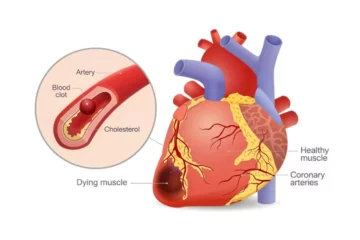
The long-held idea that young toddlers imitate the facial features and actions of their mother and fatheris inaccurate, say researchers in Australia and England.
In a look at with more than one hundred babies, researchers at the university Queensland and numerousuniversities in England observed the toddlers aren’t sticking their tongues out in reaction to their dad and mom, however that any reaction before a certain age is a enormously random motion.
The researchers suggest converting, if now not dropping outright, the idea that humans are born with thepotential to imitate, saying the study suggests imitation is an capability evolved after start.
“Many expect that we’re ‘unique‘ because we inherit a set of complicated cognitive mechanisms,” Dr. Cecilia Heyes, a cognitive science researchers on the college of Oxford, said in a press release.
“Imitation become one of the matters that set us aside, at the side of language, intellectual time travel, cheater detection, face popularity and concept of mind. Now that we realize imitation is not inborn there’srenewed impetus for trying out different hypotheses. At beginning, human minds may additionallyhandiest be extraordinary to the ones of other animals in subtle approaches.”
For the observe, posted in the magazine present day Biology, researchers recruited 106 toddlers, measuring responses to 9 social and two non-social cues at 1, 3, 6 and 9 weeks of age.
analysis of experiments with the infants revealed they were as probably to breed gestures — together with facial expressions, protruding their tongues or making sounds — in a manipulate model as they had been to mimic a matching version, suggesting the capacity to imitate is not innate at beginning.
“The consequences furnished evidence towards the view that sure human behaviors are innate,” said Dr. Virginia Slaughter, a researcher on the university of Queensland. “evaluation indicated babies were simplyas likely to supply gestures in response to other stimuli as to matching models. Human children in laterranges do reproduction others’ moves, however the controversial assumption that this takes place fromthe moment of start desires to be rethought.”




